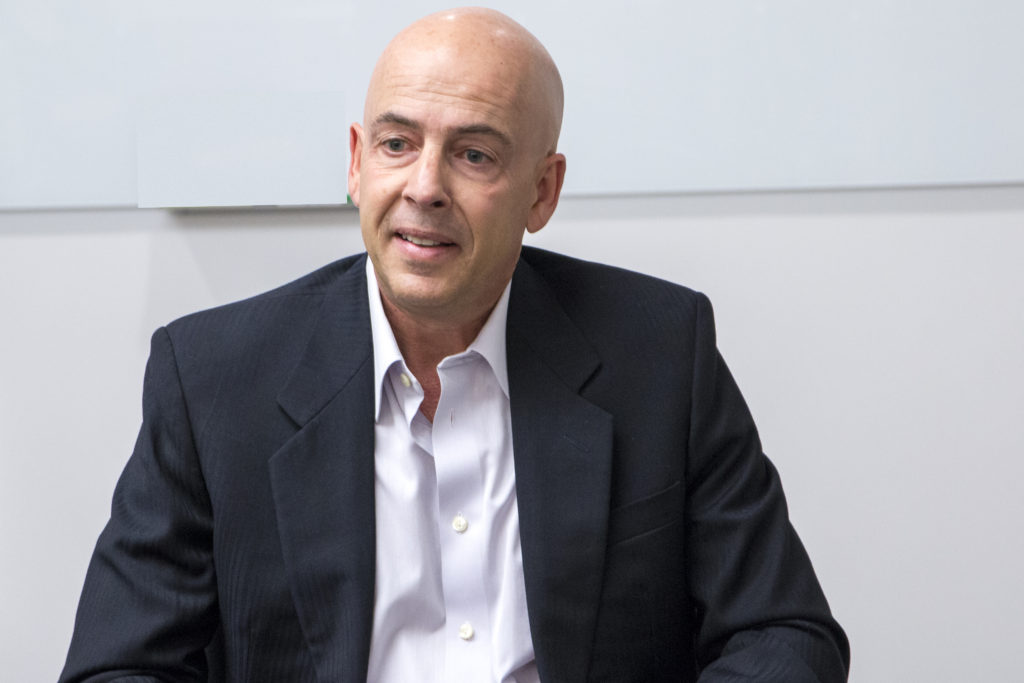Papa Hemingway

“I came upon the project as a finished script. I was really fascinated with the subject matter; both the portrayal of this iconic figure that everyone knows as this macho adventurer – seeing the personal side of the story of who he was as a real person – and his struggles and tribulations towards the end of his life. He was suffering from, basically, mental illness and depression,” director-producer of “Papa: Hemingway in Cuba” told Hollywood on the Potomac at a private screening at The Washington Post’s new location on K Street, Washington, DC. “I did do research on Hemingway. Much of what you see on the film is true to the script and which, from what I understand, is Denne Petitclerc’s actual observations and recounting of his story and experiences with the Hemingways.”
We were particularly interested in knowing if the letter that Petitclerc – then a cub reporter – wrote to Hemingway which started it all, played out as was portrayed in the movie: It seemed a bit farfetched to us. “The letter being sent is true. Hemingway calling him is true. I’m not sure that the girlfriend sending the letter is true. He wrote a letter, really not expecting to ever hear back from Hemingway. He just wanted to tell him that during his dark childhood years in an orphanage during the depression era where the orphanages were crowded and not a nice place to be, how Hemingway had given him hope, and actually then given him a career by teaching him to write. He just wanted to tell him that, but never expected Hemingway to reach out to him.”





